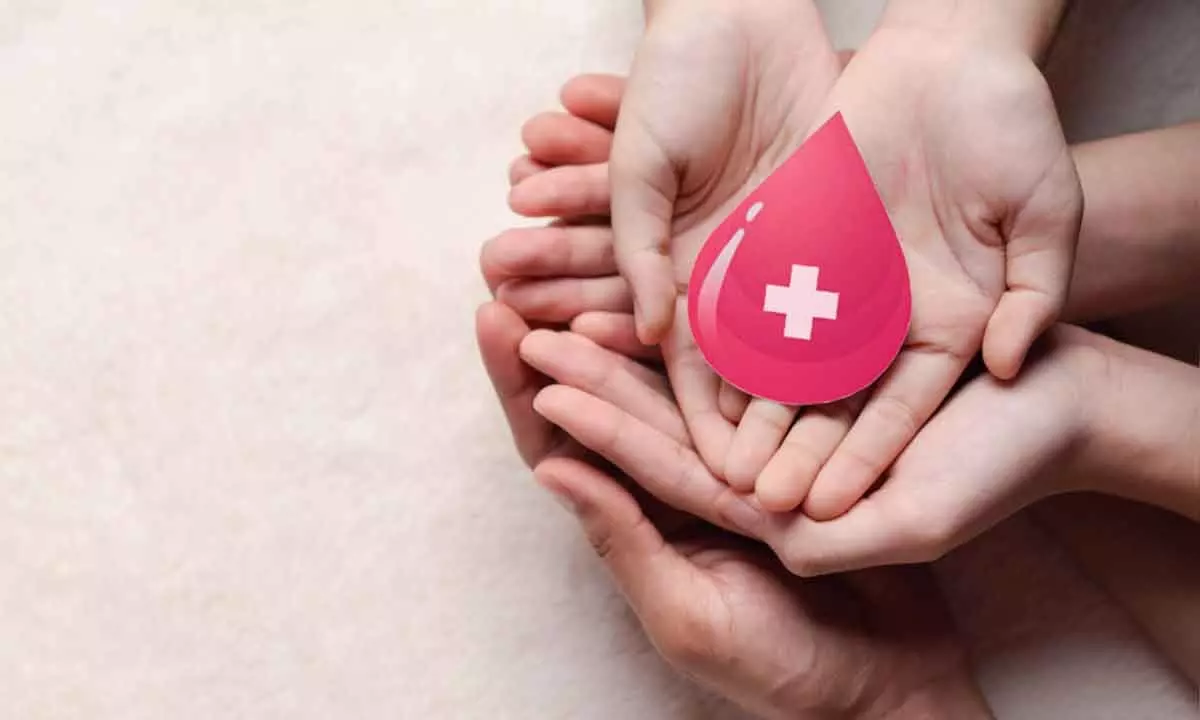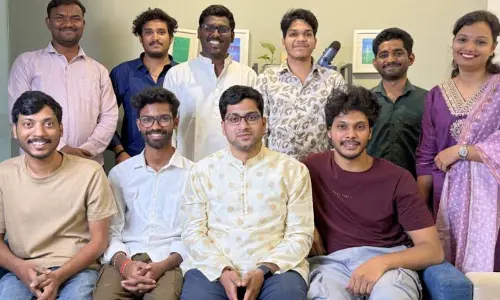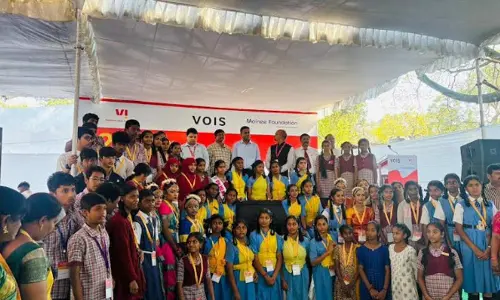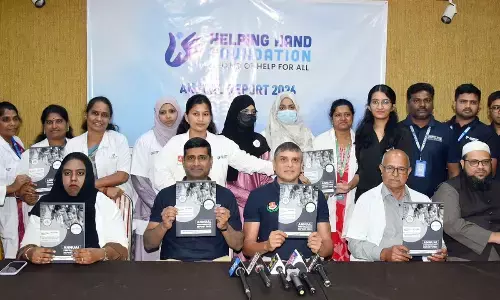Time for India to frame blood safety policy

There has been a seasonal uptick in dengue cases with the onset of monsoon in the country. The mosquito-borne disease has its transmission peak during warmer and wetter months in many tropical and subtropical regions. And with global temperatures on a steady rise year after year, an alarming spread of disease has been observed in many parts of the world. Called “breakbone fever,” the virus affects bone marrow, causing drop in production of platelets. Fatigue, joint pain and weakness are common. A platelet count of less than 1,50,000 platelets per microliter is lower than normal. When you have a low platelet count, you may have trouble stopping bleeding. In severe cases of dengue, platelets, or clot-forming cells, it leads to shock, internal bleeding, organ failure and even death.
Any disease is a burden on the poor and if it affects their productivity, whole families suffer. Hence, densely populated, slum areas should be government spotlight as rains acquire pace during the season.
The uptick in dengue incidence is already, albeit slowly, pushing the demand for platelets in some parts of the country. Centre and States must wake up before any platelet shortage occurs anywhere. Blood not only has platelets, it has three other main components viz., plasma, red blood cells and white blood cells – with each of them having different functions. Each is vital to prevent mortality, especially in cases of accidents, surgeries.
Should there be shortage of blood itself, or even its likelihood, it calls for an alarming urgency for action on the part of governments. Experts in their studies have been warning of significant shortage of blood availability in the country. They say that India needs around 12 million units of blood annually but only roughly 9 million units are collected. The shortage is particularly seen to peak during summers.
It should be shocking to learn that over 10,000 people are losing their lives in the country every day because of non-availability of quality blood. As a result, black, err ‘red’, market thrives in the country. A Supreme Court ban on payment to blood donors compounds the issue. The Lancet published a finding in October 2019 that India has the largest absolute shortage of blood units among all countries in the world. Awareness of the impending gravity and spread of this information to awaken the public to demand action from governments is vital, and never more urgent.
On one side, India is suffering from blood availability in life-threatening complications, and, on the other, it sees large-scale wastage of blood and its components. Not a few thousands, but lakhs of units of blood are wasted every year by blood banks across the country, as per a report citing RTI reply by National Aids Control Organisation.
On the World Blood Donor Day observed on June 14, there were ardent pleas for India to frame a comprehensive national blood policy so that safest possible blood is accessible wherever it is needed. By the way, India, also, is not celebrating its blood donors the way it should. Givers of the gift of life are ignored. Blame the babus for not sensitising the powers-that-be on the issue well enough. What the experts stressed is ramping up blood bank infrastructure and set up advanced testing procedures to screen donors for infectious agents such as malaria, HIV, hepatitis B and C, and syphilis to prevent transfusion-transmitted infections (TTIs). Blood shortages take place during holidays, extreme weather conditions, or festivals. The problem is acute, especially, in rural areas. How to go about promoting blood donation? India only needs to look around for inspiration.










